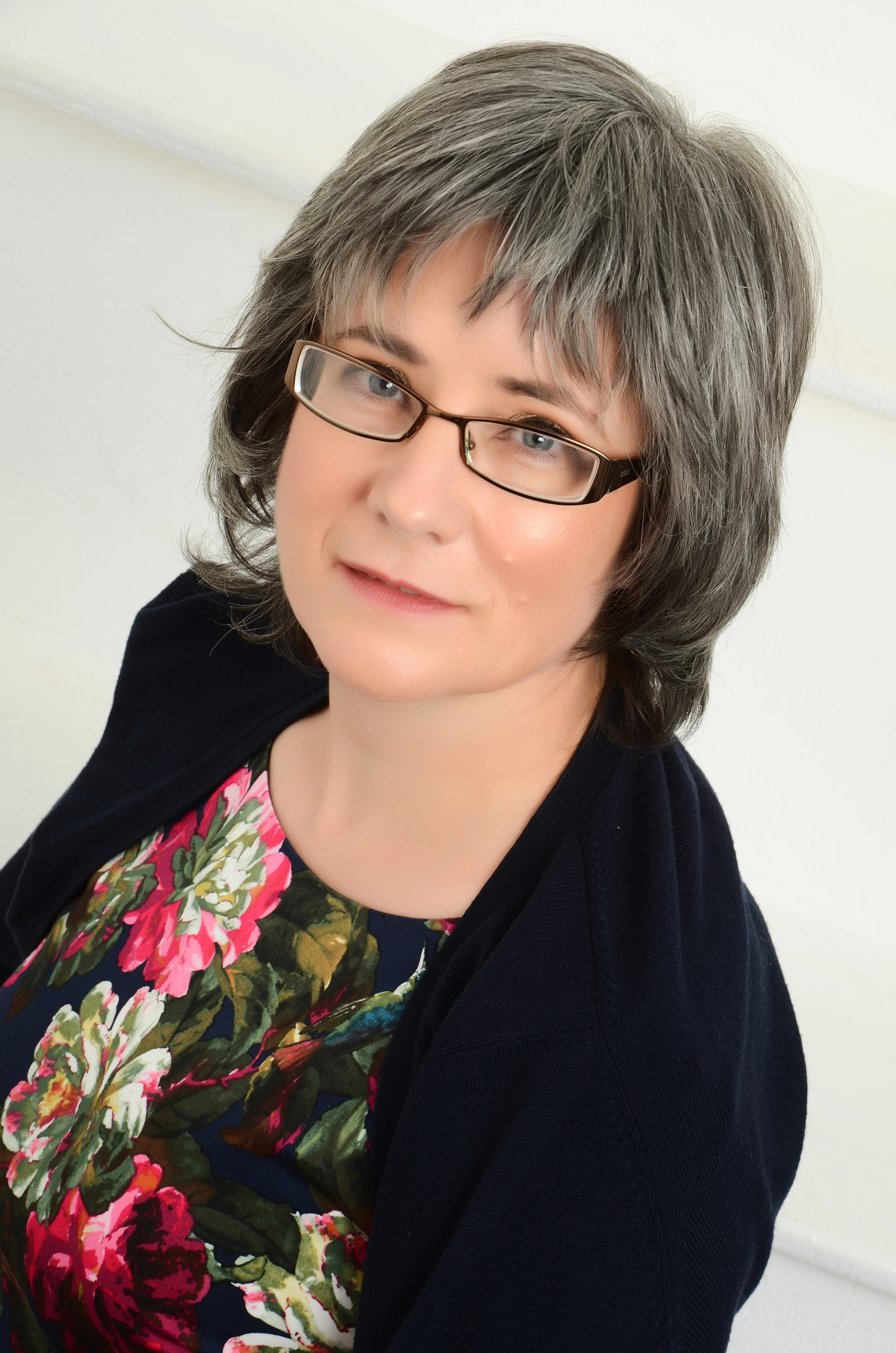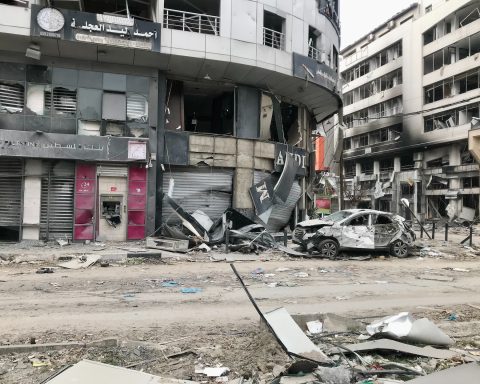
At our staff night out, I slipped on a wet dance-floor, and in a moment, fell and became a patient. I couldn’t put any weight on my foot, and my ankle swelled dramatically. As a consequence, I have learned a lot about myself, our systems, my colleagues, and about being a patient.
Our practice manager showed the most clinical acumen, and provided paracetamol and an icepack. The party continued as I watched from the side-lines,
I was on duty in A&E in our community hospital two days later and arranged for my ankle to be x-rayed. I knew there was something up when the radiologist asked me how much my ankle hurt; I had walked into the department, having done a full surgery. She confirmed that I had a comminuted fracture of my right ankle, in the run-up to Christmas, a time of year when medical locums are hard to find. I had an air-cast boot and crutches provided by the A&E nurse, and continued to the ward-round.
Three weeks later, the swelling was down but the orthopaedic surgeon was not happy, and I was admitted for open reduction and fixation in the Western Isles Hospital, adding another few weeks onto my recovery.
Firstly, I had no idea how much hard work it was using crutches. I had no problems with the co-ordination, but the strength required to walk more than ten yards is significant. My hands hurt, my shoulders were cramping up and my gluteal muscles had to learn how to balance me on my good leg. It took me quite a while to get to grips with this.
Secondly, my sisters both broke their wrists, and we have been able to compare notes about progress, the advice we were given and the progress we have made. It led me to examine the information and support we give to patients with common wrist and ankle fractures. The information that we have is quite brief, and focuses only on plaster care. Between the three of us, we have written four patient information leaflets, which are now being reviewed by a patient panel, plaster technicians, orthopaedic surgeons and physiotherapists. The aim is to adopt this board-wide.
The physios are very keen to be able to provide support with walking aids, exercises and treatment plans much earlier. We are meeting to discuss how we improve the pathway for patients with musculoskeletal injuries.
I am prone to doing everything myself, and I had to learn to ask for help.
Thirdly, the kindness that I experienced first-hand from colleagues and patients alike was wonderful. I am prone to doing everything myself, and I had to learn to ask for help. There is an art to this, making sure that your wishes are clearly expressed and the need for action described. Our wonderful practice manager rearranged the rota to cover my two weeks ‘resting’ with my leg up post-op, colleagues and locums all stepped up to fill the gaps.
Fourthly, I have learned that slowing down doesn’t mean that I do less. Instead of rushing around, sorting out everything in a whirl, I must plan my route through the day to take into account lifts, locations and tasks to be done. I have successfully ‘reabled’ myself by buying aids online, unbelievably cheaply, and remained independent where possible.
Lastly, this experience of being a patient has also illustrated very clearly how my agenda as a patient can be reframed by a few wise and confident words from a fellow professional. The orthopaedic surgeons and physiotherapists knew exactly how to motivate me into doing the right things, with good direct communication.
In exchange for a broken ankle, I have found my practice team to be kind and resilient, and I have developed the arts of patience, planning and delegation. I have started the improvement of the care that we offer patients with MKS limb injuries, anticipating better outcomes in the future. My focus on good consulting skills is going through another cycle of improvement, and the cat is pleased too; I am sitting down more, and my lap is available more often.








